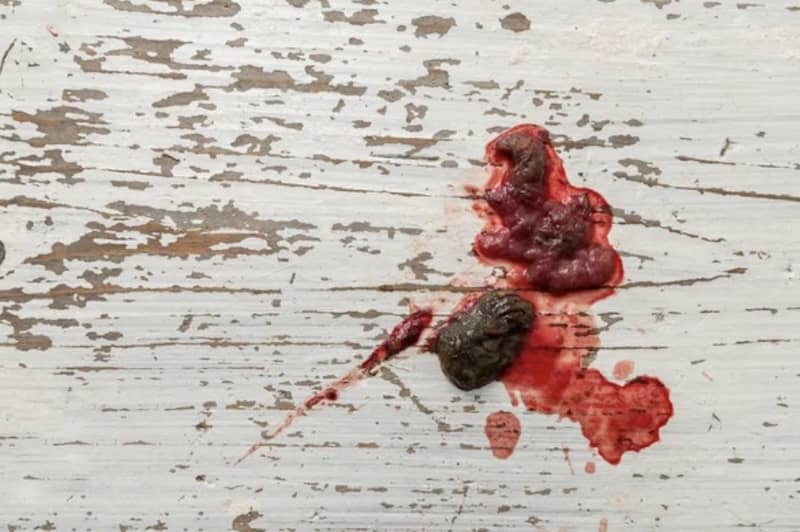If your dog is suffering from ulcerative colitis, you're not alone. This inflammatory condition of the large intestine is seen in dogs all over the world. While there is no one definitive cause for ulcerative colitis in dogs, treatment is available and most dogs respond well to treatment and have a good prognosis. In this article, we'll discuss ulcerative colitis in dogs, including the symptoms to look for, how it's diagnosed, and the treatment options available.
What is ulcerative colitis in dogs?
Histiocytic ulcerative colitis in dogs is a condition that results in significant inflammation of the large intestine or colon. The large intestine and colon are responsible for the absorption of water and nutrients from food, as well as the elimination of solid wastes. When ulcerative colitis is present, this process is disrupted and the dog may experience a variety of symptoms as we will discuss below.
What causes ulcerative colitis in dogs?
While the cause of ulcerative colitis in dogs is not definitively known, there are some theories. The most widely accepted theory is that ulcerative colitis is an autoimmune condition, where the body's immune system mistakenly attacks the cells of the intestine. However, research has also shown that ulcerative colitis may be caused by a bacterial infection, most commonly by the bacteria Escherichia coli (E.Coli).
As there are breed predispositions, there may be genetic influences that result in a defect in the dog's normal defenses. This subsequently allows E.Coli to invade the colon resulting in ulcerative colitis.
How common is ulcerative colitis in dogs?
Ulcerative colitis in dogs is not a common condition, but it is seen worldwide. It is most commonly diagnosed in boxer dogs but has also been reported in other breeds of dogs such as the English bulldog, Alaskan malamute, Doberman pinscher, and French bulldog.
What are the symptoms of ulcerative colitis in dogs?
Clinical symptoms are the result of a diseased large intestine (colon) and may include the following:
- Blood in stool
- Diarrhea, +/- mucus in the stool
- Increased frequency of defecation
- Straining to defecate
- Weight loss or failure to gain weight

How is ulcerative colitis in dogs diagnosed?
Ulcerative colitis in dogs can be difficult to diagnose as many of the symptoms are nonspecific. To make a diagnosis, your veterinarian will need to perform a complete physical examination and obtain a medical history from you. He will also need to perform some diagnostic tests, which may include:
Fecal testing - is important to rule out parasitic causes of the symptoms present.
Abdominal ultrasound - to visualize the intestine and look for ulcerations or inflammation.
Colonoscopy - a specialized endoscopic examination of the large intestine, allows for direct visual inspection of the mucosal surface. Biopsies should be performed during the colonoscopy.
Histopathology - To confirm the diagnosis, histopathology of the colonic biopsy samples is required.
How is ulcerative colitis in dogs treated?
The treatment of ulcerative colitis in dogs is aimed at reducing inflammation in the colon and restoring normal bowel function. This typically involves a course of antibiotics to clear the E. Coli bacterial infection. Common antibiotics that your veterinarian may prescribe include enrofloxacin or marbofloxacin. Within 2 weeks, a positive response usually occurs; however, therapy should last for 8-12 weeks.
What is the prognosis for dogs with ulcerative colitis?
While potential relapses can occur, with the proper therapy the prognosis can be good. There is also the potential for complete remission.
In this article, we discussed ulcerative colitis in dogs. This condition is not common but occurs worldwide and can be caused by a bacterial infection of the colon most commonly due to E. Coli bacteria. Symptoms include bloody diarrhea, weight loss or failure to gain weight, increased frequency of defecation, and straining when trying to defecate. Treatment typically involves a course of antibiotics for 4-6 weeks. With the proper treatment, the prognosis is generally good and some dogs may have complete remission. If you have any questions or are concerned that your dog may have ulcerative colitis, please contact your veterinarian.


